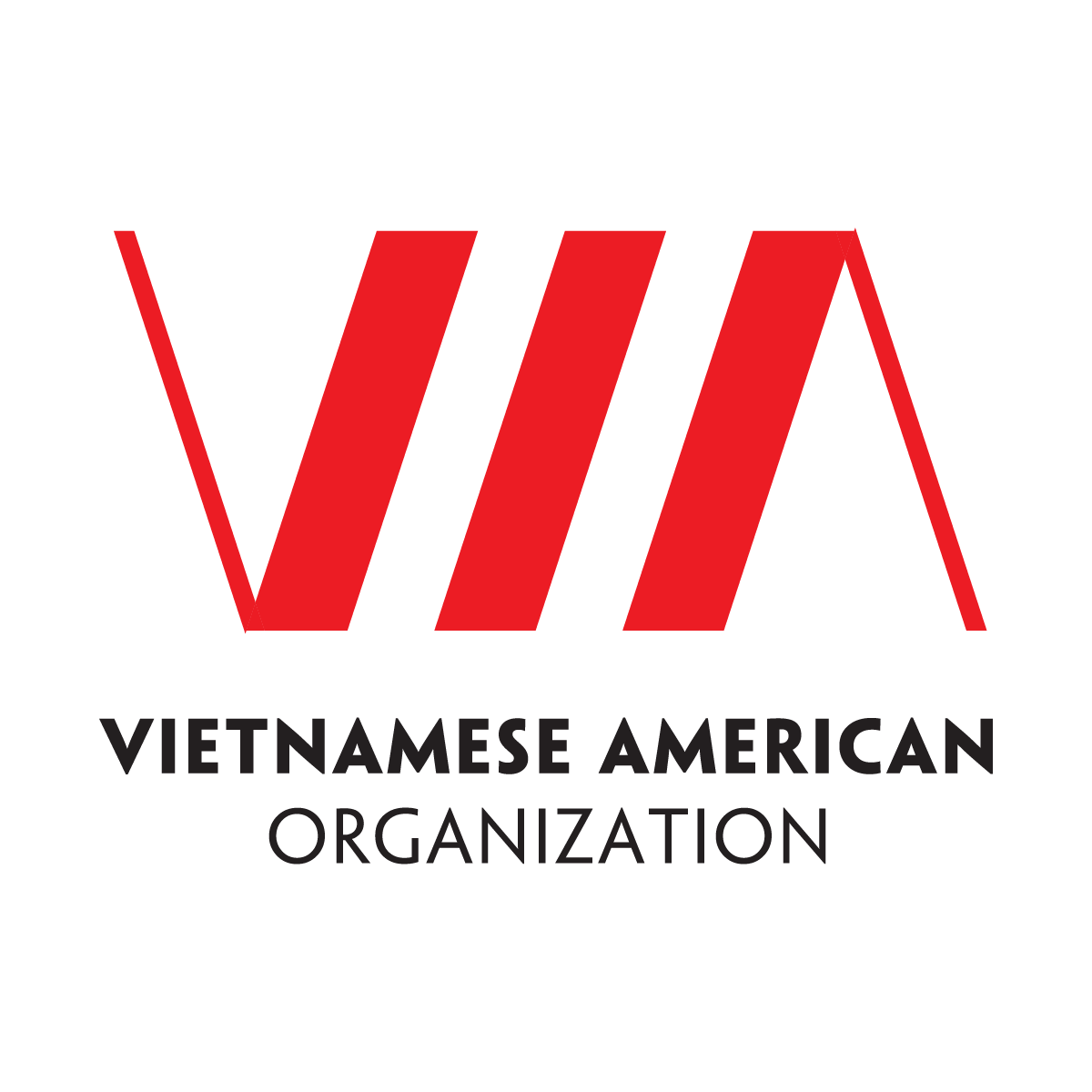vietnamese refugees, immigrants, and deportation overview
VAO is dedicated to supporting individuals facing deportation by providing clear guidance, essential resources, and effective advocacy
⚖️ A Cycle of Abandonment and Injustice
In 1975, the United States withdrew from Vietnam, abandoning its South Vietnamese allies—many of whom served in the Republic of Vietnam Armed Forces alongside American troops. When the communist government took over, those who had supported by the U.S. faced persecution, imprisonment, torture, or death. Thousands fled, seeking safety and freedom. Many eventually reunited with their families in the U.S., only to face new hardships.
As refugees adapting to a new culture, language, and life with little to no institutional support, many Vietnamese struggled with poverty, discrimination, and trauma. Some, particularly young refugees, made mistakes that led to involvement in the justice system. After serving their criminal sentences—often decades ago—they began to rebuild their lives, taking steps toward healing and integration.
Then came another blow: ICE arrest and detention. These individuals—many with legal permanent residency—were once again punished through deportation proceedings. However, under the 2008 U.S.-Vietnam Repatriation Agreement, Vietnam refused to accept the deportation of individuals who arrived in the U.S. before July 12, 1995, including those with criminal convictions. As a result, ICE had no choice but to release these individuals back into the community.
And they did what America asks of all its citizens—they turned their lives around.
Over the years, they rehabilitated, pursued careers, married, raised U.S. citizen children, became homeowners and business owners, and contributed meaningfully to society. These individuals became stable, peaceful, and productive members of our communities.
But in 2020, under political pressure, the U.S. and Vietnam established a revised agreement creating a new process to deport pre-1995 arrivals—individuals who had once been protected under the original terms. Now, we are witnessing a harsh wave of ICE enforcement, targeting decades-old cases and ruthlessly disregarding the time, effort, and human dignity behind each individual’s transformation.
This is not double punishment—it is triple punishment. First, they were punished by the justice system. Then, by ICE detention and deportation efforts. And now, again, by tearing them away from their families after years—often decades—of rebuilding their lives with the belief that America had given them a second chance.
We believe this is fundamentally wrong, inhumane, and morally indefensible. This new 2020 agreement should not be retroactively applied to individuals who were previously detained and released by ICE under the terms of the 2008 agreement. These are people who were given a chance to rejoin society, who did so in good faith, and who are now being punished again.
To rip them away from their families, strip them of their dignity, and force them into exile in a country they no longer know—often without language, support, or safety—is not justice. It is cruelty.
We call on public officials, legal advocates, and community leaders to stand with us in opposing these inhumane actions. These individuals deserve the opportunity to remain with their families and continue contributing to the communities they’ve called home for decades. Deporting them serves no public benefit—only devastation.
🗂️ Status of ICE Deportations to Southeast Asian Countries
- There are over 8,600 Vietnamese, Montagnard, and other ethnic minorities with removal orders in the U.S.
- There are over 4,800 people considered by ICE to be nationals of Laos who have removal orders and are living in the U.S. The number includes Hmong, Mien, and other ethnic minority communities.
- There are about 1,700 Cambodians with removal orders in the U.S.
👮 Increased Enforcement Targets Naturalized Citizens with Criminal Records
The current administration has aggressively enforced immigration violations and directed the Department of Justice to pursue denaturalization of citizens with criminal convictions that fall into certain categories. According to a June 11 memo, the Department of Justice has instructed its attorneys to prioritize efforts to strip U.S. citizenship from naturalized Americans who have committed certain crimes.
The memo outlines an aggressive push to strip U.S. citizenship from naturalized individuals who:
- Pose national security risks,
- Committed war crimes or human rights abuses,
- Have gang affiliations or criminal convictions (including undisclosed felonies),
- Committed immigration, financial, or healthcare fraud,
- Or otherwise obtained citizenship through fraud or misrepresentation.
The Civil Division is instructed to maximize the use of 8 U.S.C. § 1451 to pursue civil denaturalization across 10 priority categories, with flexibility to pursue other cases as deemed important.
🏛️ Here are the 10 priority categories for denaturalization as outlined in the DOJ’s June 11, 2025 memo:
- National security threats
– Individuals linked to terrorism, espionage, or illegal export of sensitive technology or information. - Human rights violators
– Those involved in torture, war crimes, or other serious human rights abuses. - Gang and organized crime affiliates
– Individuals who furthered criminal gangs, transnational criminal organizations, or drug cartels. - Undisclosed felonies
– Naturalized citizens who committed felonies that were not disclosed during their naturalization process. - Human trafficking, sex offenses, or violent crimes
– Those convicted of these serious offenses. - Fraud against the U.S. government
– Includes fraud like PPP loan fraud and Medicare/Medicaid fraud. - Private-sector fraud
– Individuals who defrauded private individuals, corporations, or funds. - Corrupt or fraudulent naturalization
– Individuals who obtained citizenship through government corruption or material misrepresentations. - Referrals from U.S. Attorneys
– Cases referred by a U.S. Attorney’s Office or linked to pending criminal charges (even if they don’t fall into other categories). - Other significant cases
– Any other cases the Civil Division deems important to pursue.
⚠️ Important Warning:
Green Card Holders with Criminal Records
❌ Do not travel — you could be detained at the airport, border, or USCIS appointment
⚖️ Old convictions can still lead to deportation
🚫 Green card renewal or court can trigger ICE action
You could be placed in deportation proceedings, even for an old conviction.
✅ What to Do:
📞 Talk to an immigration lawyer
🧾 Ask about post-conviction relief (PCR)
🤝 Get support from a trusted organization
🤝 How We Help Impacted Individuals
- Assistance in navigating the legal system and providing guidance to help individuals understand their rights and access post-conviction relief (PCR) options.
- Support efforts to reduce or modify convictions in order to mitigate immigration consequences and improve chances for relief.
- Assist in building strong case packets, including letters of support, proof of rehabilitation, and documentation to strengthen immigration petitions and PCR filings.
- Connect individuals with trusted legal partners and community-based resources for holistic support.
- Educate families and community members through workshops, know-your-rights trainings, and direct outreach.
- Advocate for local, state, and federal policy changes to protect long-settled immigrants from unjust deportation.
- Champion protections and second chances for refugees and immigrants who have rehabilitated and reintegrated into their communities.
Deportation Support Services
At VAO, we are committed to standing with individuals and families impacted by deportation, providing the critical guidance, advocacy, and resources needed to navigate this overwhelming process. Our Deportation Support Services offer compassionate, comprehensive case management, legal review, step-by-step guidance, advocacy, and resource connections to empower those facing deportation.
Our Impact & Achievements
Through collaborative efforts, we have successfully assisted numerous individuals to:
✅ Navigate
essential resources and connect with trusted legal support at little to no cost.
✅ Develop
tailored action plans to strengthen their cases and protect their rights.
✅ Advocate
fiercely on their behalf, ensuring their stories are heard and their contributions acknowledged.
✅ Successfully
obtain pardon certificates that restore rights and opportunities.
✅ Secure
critical post-conviction relief to protect against unjust deportation.
✅
Renew
their permanent resident status and achieve citizenship through naturalization.
⚠️ Beware of Immigration Scams
We strongly urge individuals and families to be vigilant against immigration scams and fraudulent legal services that prey on those in desperate situations. Do not trust anyone who guarantees results, demands large sums of money upfront, or lacks transparency in their process.
Always seek guidance from experienced attorneys skilled in both criminal and immigration proceedings. Reliable legal support is essential to protect your rights and achieve the best possible outcome.
📣 Join Our Network of Support: Share Your Services & Resources
VAO invites organizations, advocacy groups, legal services, and community resources to join us in supporting individuals and families impacted by deportation. We encourage you to share your services, resources, and areas of expertise with us, so we can include them in our comprehensive database.
By collaborating, we can connect those in need with the right support, strengthen our advocacy efforts, and work together to protect vulnerable communities.
Let’s join forces to make a real difference.
our Commitment
VAO is dedicated to supporting individuals facing deportation by providing clear guidance, essential resources, effective advocacy, and comprehensive case management. Our goal is to ensure their rights are protected, their contributions are valued, and their families remain united. No one should have to face this fight alone.




